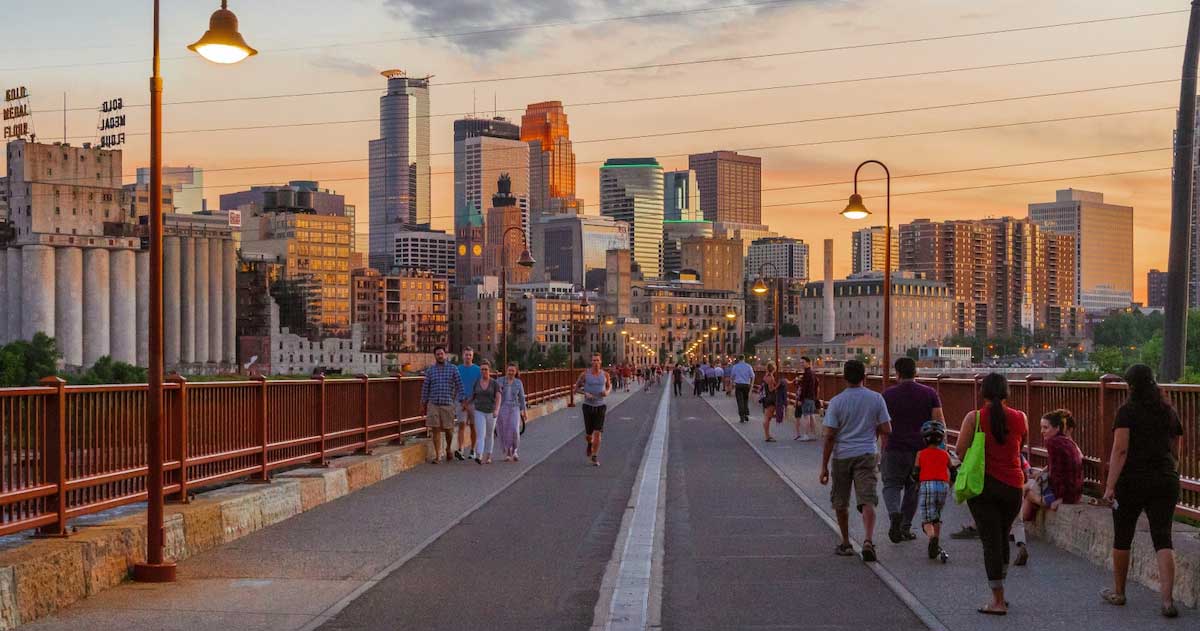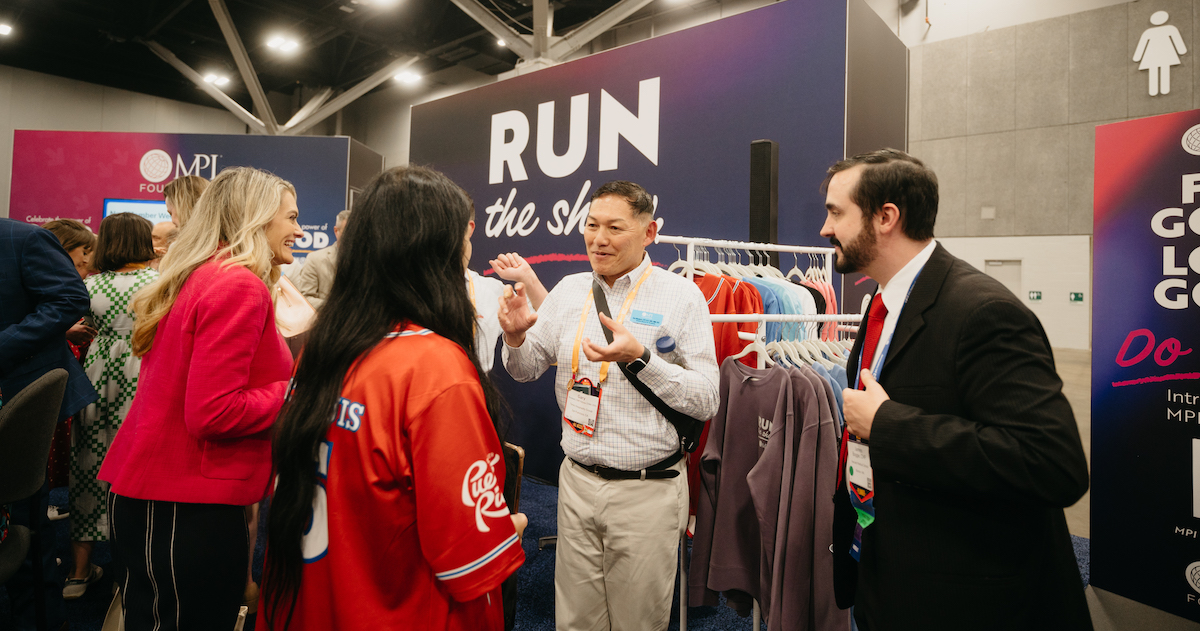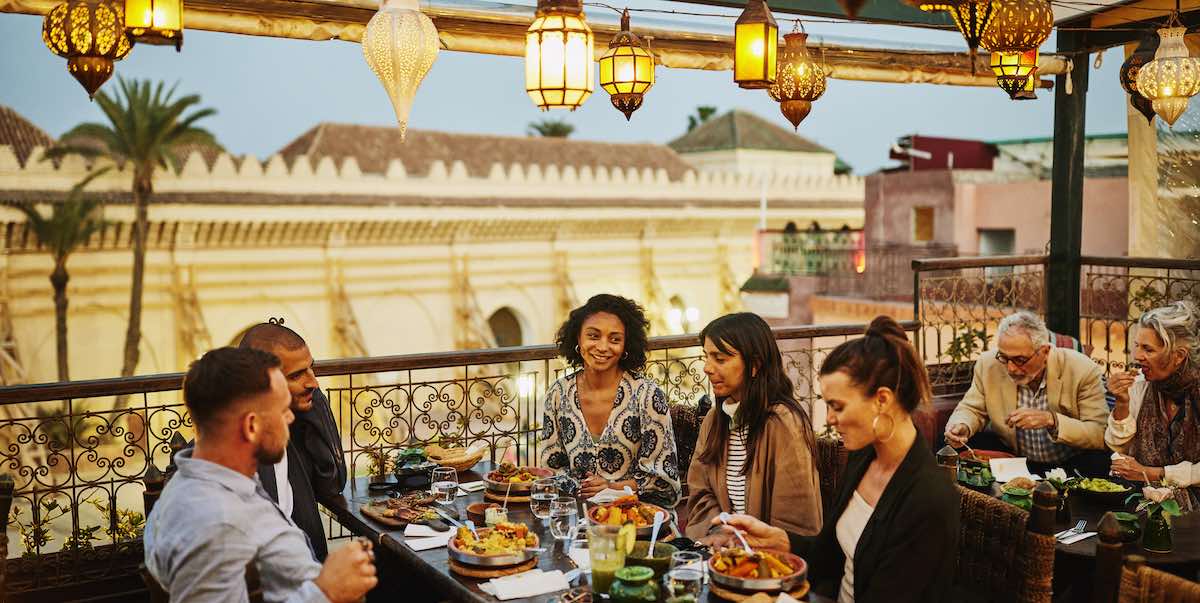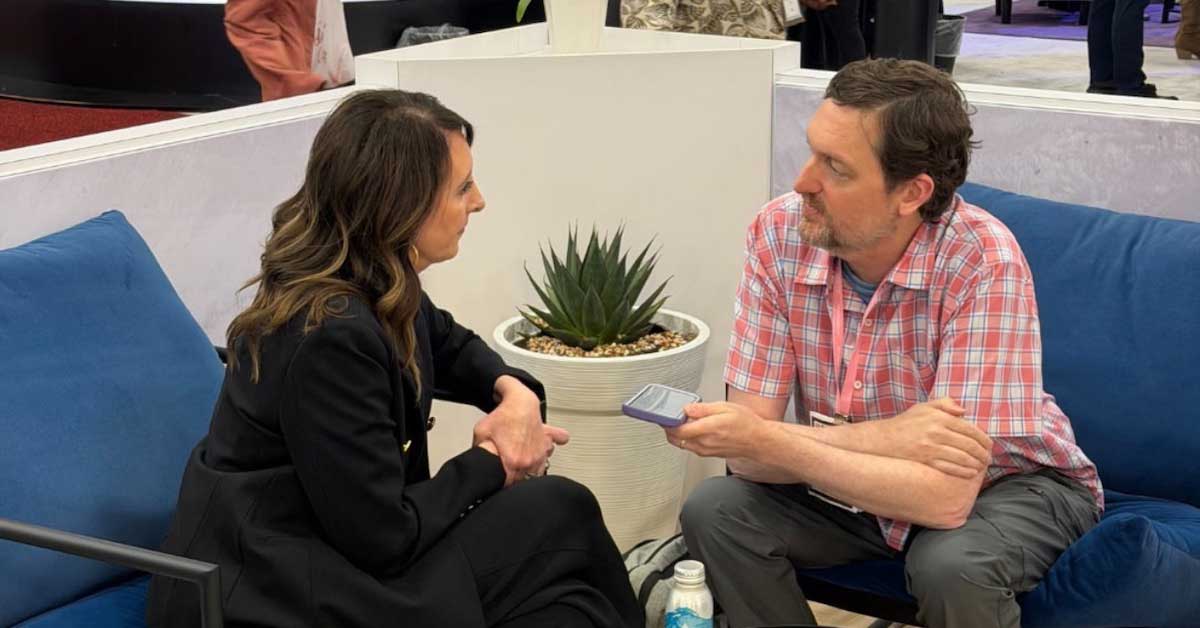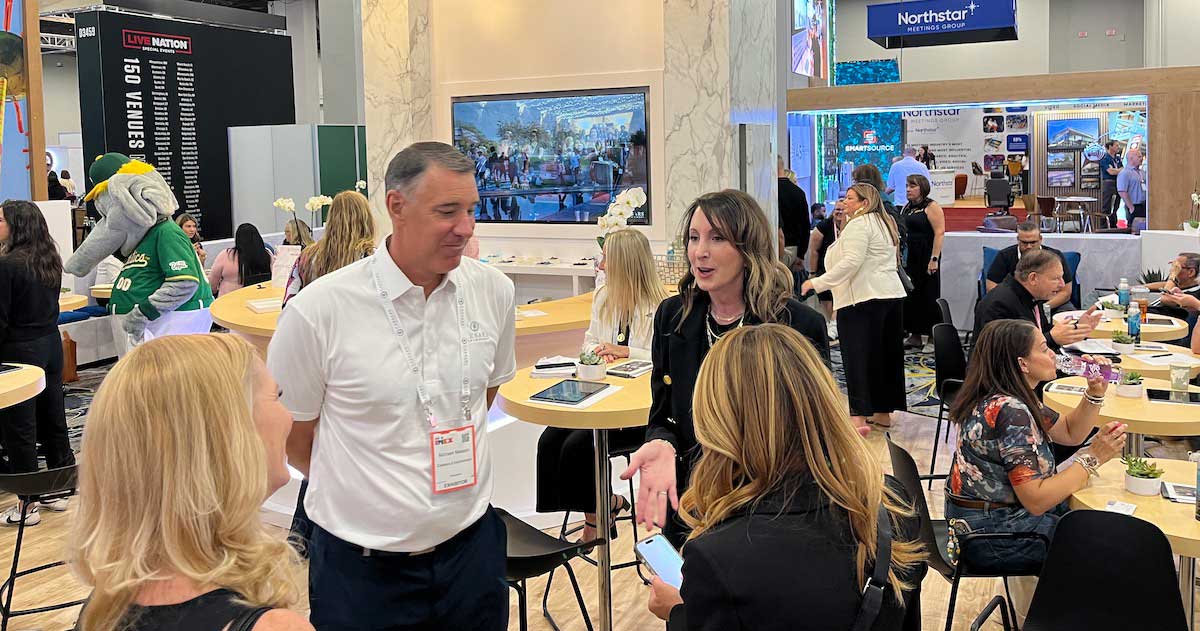This was a day Melvin Tennant, CAE, and his team at Meet Minneapolis had anticipated for a long time.
The American Specialty Toy Retailing Association brought 1,500 in-person attendees to its annual meeting at the Minneapolis Convention Center in June. It was the first major convention in the city in nearly 18 months, a time in which COVID-19 brought the city’s meeting and event business to a halt before the murder of George Floyd thrust the community into the international spotlight.
Coping with the impact of the global pandemic was an overwhelming challenge on its own, as witnessed by the shuttering of face-to-face meetings, a staple of the global economy. Prior to the pandemic, the industry contributed US$1.03 trillion in direct spend, according to the Global Economic Significance of Business Events study. The U.S. Travel Association reported that travel’s economic footprint in the U.S. shrank a staggering 42% last year, from $2.6 trillion to $1.5 trillion.
“We want to let people know that we are a community that is leading the path forward.”
In Minneapolis, the impact was just as significant. Tennant (MPI Minnesota Chapter), the president and CEO of Meet Minneapolis, reports about 20,000 lost jobs, more than 400 events canceled in 2020—and a staggering 70% decrease in lodging taxes, down from $8.6 million in 2019.
Then came May 25, 2020. Floyd, a 46-year-old Black man, was murdered by a White police officer during an arrest. The death resulted in protests in the city and around the world against the use of excessive force by police against Black suspects and in support of the Black Lives Matter movement. The publicity and attention drawn to the city forced Tennant and his team to reconcile how to embrace their commitment to diversity and inclusion and the need to reinforce the value of Minneapolis as a meeting and event destination.
Leading the path forward
“We are a welcoming city, we have a vibrant city, we have a diversity that may surprise some people,” Tennant says. “We are just very proud of the way that our city has grown, being successful perhaps against all odds, but particularly in this moment in time of additional awareness, increased awareness about justice and equity. We want to let people know that we are a community that is leading the path forward. We take this responsibility very seriously and we want the rest of the world to join us on this journey.”
The journey has been a challenging one, especially for a destination that has for the last 20 years elevated its assets, from arts and culture to a light rail that connects downtown to the airport to new stadiums for professional baseball and football and college football. The new infrastructure resulted in the city hosting high-profile events such as the Major League Baseball All-Star game, the WNBA All-Star game, college basketball’s Final Four, the Super Bowl and even MPI’s World Education Congress, all of which built the destination’s credibility, backed by a committed team from Meet Minneapolis.
MPI Resources for Equality & Justice. The meeting and event industry has the power to create positive change and promote inclusion, diversity and equity globally.
The COVID pandemic devasted the global meeting industry, but the events of May 25, 2020, cast a different shadow on Minneapolis, a shadow that other destinations—Las Vegas; St. Louis (Ferguson); Baltimore; and Louisville, Ky., to name a few—have unfortunately experienced.
“In the midst of COVID, we had the tragic killing of George Floyd,” Tennant says. “We then had a number of days of civil unrest, some of which turned violent. Unfortunately, we also had a lot of attention based on the fact that there was a pretty public debate about the future of policing, and that debate needs to occur. The way that it came out, unfortunately, is that a lot of folks heard the ‘defund the police, no police’ message, and that made it difficult for us sometimes to convince people that Minneapolis is a safe, welcoming city. So, we’ve had to do a lot of messaging, very proactive messaging, to our various audiences to make sure that they had the facts because they count on Meet Minneapolis and other DMOs for real information. Because otherwise, we’ve lost our credibility.”
“Communication is foundational”
The headlines and soundbites presented a daunting challenge for Tennant, who focused on two areas: taking care of his staff and maintaining positive messaging with the destination’s partners and established relationships.
He also reached out to industry colleagues and friends for advice, including Al Hutchinson (MPI Potomac Chapter), president and CEO of Visit Baltimore; Elliott Ferguson, president and CEO of Destination DC; and Julie Coker (MPI San Diego Chapter), president and CEO of the San Diego Tourism Authority.
“For us, the communication is foundational,” Tennant says. “You start close and it has to be with your work family, with your team, because the worst thing that you want to happen is to have a team member who is speaking to someone about an issue related to our destination and for them to say, ‘I didn’t know that.’ We started with our team, our board, our local business community, even before we got out to the customers. We had to make sure that all of those that we’re dealing with every day in our jobs knew what was going on. So, the communication was the key, making sure that you rely on past experiences that informed you.”
“We understand that it’s important for us to accept the responsibility we have of being the birthplace of a renewed social justice movement.”
It was a strategy that Hutchinson utilized in Baltimore following the killing of Freddie Gray.
“I think it’s been very challenging, to be quite honest with you, as to how to approach this conversation,” Hutchinson says. “Obviously, what happened with George Floyd should not have happened. There’s story after story, city after city. Our approach was to make sure we started a conversation, and I think it’s always important when you’re dealing with the complexity of race in America, it has to be sort of top down.”
Tennant also issued a strong statement through Meet Minneapolis condemning what happened and shared that statement with customers. He would go on to develop a resource page to publicly state his organization’s commitment moving forward.
In both destinations, Tennant and Hutchinson credit the open dialogue and communication with staff as a key factor in helping work through the challenges.
Stewards of a movement
The American Specialty Toy Retailing Association bringing its meeting to Minneapolis not only helped restart the meeting industry in the city, but it gave the destination a much-needed boost in confidence.

“We have a very good story to tell, and the way that story gets told is one-on-one relationships, authenticity and getting people to the city to see that it is alive, that we have one of the most vibrant downtowns of any city in the country,” Tennant says. “The thing that we’ve missed the most is just the human interactions, so for us, we want very much to be able to personally welcome visitors in to see the interactions of conventions and meetings of all sorts. We had to get out in front of that as much as we could to create the credibility that our customers expected of us, and that has paid off.
“We’ve gotten a number of very positive comments about that, and in fact, to go beyond that, we understand that it’s important for us to accept the responsibility we have of being the birthplace of a renewed social justice movement. We can’t run away from it. We won’t run away from it. We have to be responsible stewards of that of that movement, and that is one of the things that we’re doing right now.”
Minneapolis photo by Lane Pelovksy, courtesy Meet Minneapolis.
Melvin Tennant photo by Torrey Schenewerk, GCS Photography Inc.
